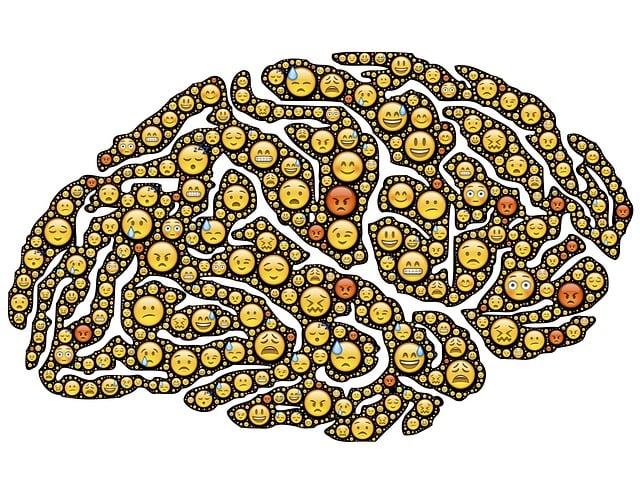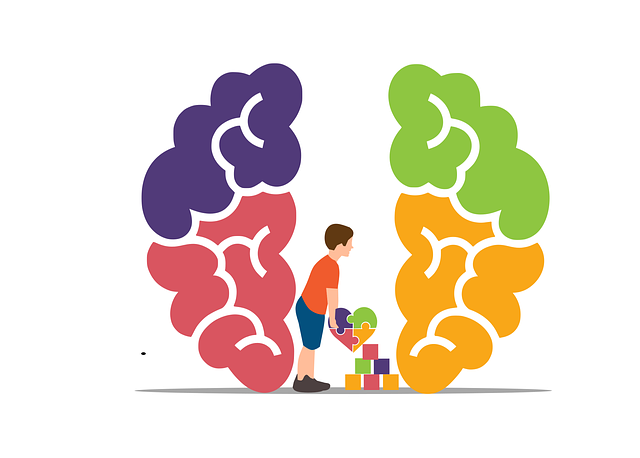Media portrayal of mental illness is a powerful but often misused tool, impacting public understanding and societal norms. Stereotypes, oversimplification, and lack of diversity in representation contribute to stigma and misinformed attitudes. Organizations like Lafayette Gender-Affirming Care Therapy advocate for authentic, culturally sensitive narratives that prioritize the experiences of LGBTQ+ individuals. By fostering empathy and accurate depiction, media can reduce stigma and enhance support systems for mental health conditions. Collaborative efforts between media creators, therapists, and community organizations are essential to achieve responsible storytelling and promote positive change.
Mental illness representation in media is a critical topic that shapes public understanding and attitudes. The current landscape often falls short, perpetuating stereotypes and misinformation. This article explores strategies to challenge these narratives, focusing on Lafayette Gender-Affirming Care Therapy as a promising approach. We delve into the challenges of accurate depiction, offering insights for enhancing media portrayals. Additionally, we discuss future directions, emphasizing the power of ethical storytelling to foster positive change in society’s perception of mental health.
- Understanding Mental Illness Representation in Media: The Current Landscape
- Lafayette Gender-Affirming Care Therapy: A Promising Approach
- Challenges and Barriers in Depicting Mental Health Accurately
- Strategies for Enhancing Media Portrayals of Mental Illness
- Future Directions: Encouraging Positive Change through Ethical Storytelling
Understanding Mental Illness Representation in Media: The Current Landscape

The current landscape of mental illness representation in media is a complex and evolving narrative. While progress has been made, stereotypes and inaccuracies still persist, impacting public perception and understanding. Often, media portrayals simplify or exaggerate symptoms, creating a distorted view of various mental health conditions. This can lead to stigma, fear, and misinformed attitudes towards individuals seeking help. For instance, the depiction of depression might focus excessively on sadness without acknowledging its multifaceted nature, including anxiety, fatigue, and sleep disturbances.
Furthermore, the diversity of experiences within the mental health spectrum is frequently overlooked. Media has a significant role in shaping societal norms and expectations, making culturally sensitive representation crucial. Incorporating stories that reflect the complex interplay of gender identity, like those offered by Lafayette Gender-Affirming Care Therapy, can foster empathy and encourage more inclusive mental healthcare practices. Development of mental wellness coaching programs that harness emotional intelligence can also enhance support systems, ensuring individuals feel understood and empowered in their journeys towards recovery.
Lafayette Gender-Affirming Care Therapy: A Promising Approach

Lafayette Gender-Affirming Care Therapy offers a promising approach to addressing mental health issues, particularly within the LGBTQ+ community. This therapeutic model prioritizes respecting and affirming an individual’s gender identity as a foundation for effective treatment. By fostering an environment free from judgment, therapists employ communication strategies that encourage open dialogue, allowing clients to explore their emotions and experiences without fear of ridicule or discrimination.
This approach not only promotes positive thinking but also empowers individuals to take control of their mental well-being. Healthcare providers trained in these methods can significantly reduce burnout prevention strategies, ensuring they remain resilient and effective in supporting patients on their journey towards recovery.
Challenges and Barriers in Depicting Mental Health Accurately

Media representation plays a pivotal role in shaping societal perceptions about mental health, yet it often faces significant challenges when depicting conditions accurately. One of the primary hurdles is the tendency to stereotype and sensationalize mental illnesses, leading to inaccurate portrayals that can further stigmatize individuals already navigating these struggles. For instance, portraying characters with depression as completely hopeless or schizophrenia as solely associated with violent behavior perpetuates harmful myths.
Additionally, the media’s focus on extreme cases or one-dimensional narratives often overshadows the diverse range of mental health experiences. This lack of representation contributes to the misunderstanding and underestimation of less prominent conditions, such as lesser-known anxiety disorders or less visible forms of psychosis. Organizations like Lafayette Gender-Affirming Care Therapy are making strides by advocating for more nuanced and accurate portrayals, encouraging media creators to consult with professionals and individuals with lived experiences to ensure sensitivity and authenticity in their work.
Strategies for Enhancing Media Portrayals of Mental Illness

Media portrayal plays a significant role in shaping public understanding and attitudes towards mental illness. To challenge negative stereotypes and enhance representation, various strategies can be implemented. One approach is to encourage media creators to incorporate diverse and authentic narratives featuring individuals with lived experiences of mental health challenges. By doing so, they can showcase the complexity of mental illness and dispel common myths.
Additionally, promoting Compassion Cultivation Practices and Stress Management Workshops Organization within media production teams can foster a more empathetic environment. These practices aim to reduce stigma by encouraging open conversations and supporting mental health awareness. For instance, therapists like those offering Lafayette Gender-Affirming Care Therapy can collaborate with media outlets to ensure accurate and sensitive portrayals, thereby contributing to broader Mental Illness Stigma Reduction Efforts.
Future Directions: Encouraging Positive Change through Ethical Storytelling

Looking ahead, the media industry has a significant role to play in fostering positive change by embracing ethical storytelling practices. Future narratives should move away from stigmatizing mental health representations and instead promote empathy, understanding, and accurate depiction of diverse experiences. By incorporating Mind Over Matter principles, media creators can challenge stereotypes, encourage early intervention, and support individuals seeking Lafayette Gender-Affirming Care Therapy. This shift demands a collaborative effort between industry professionals, therapists, and community organizations to ensure responsible and impactful content creation.
Implementing effective strategies, such as Community Outreach Program Implementation, allows for real-world connections and encourages mental health awareness. Additionally, rigorous Risk Management Planning for Mental Health Professionals is essential to safeguard individuals’ well-being during the production process. These initiatives collectively contribute to a more inclusive and supportive media landscape, reflecting society’s evolving understanding of mental illness.
Mental illness representation in media has come a long way, but there is still much work to be done. By adopting strategies that promote accurate and nuanced portrayals, such as Lafayette Gender-Affirming Care Therapy, we can challenge harmful stereotypes and foster understanding. Future storytelling should strive for ethical representations that reflect the diversity of experiences, ensuring mental health issues are no longer stigmatized. Through collective efforts, media can become a powerful tool to encourage positive change and support those affected by mental illness.














